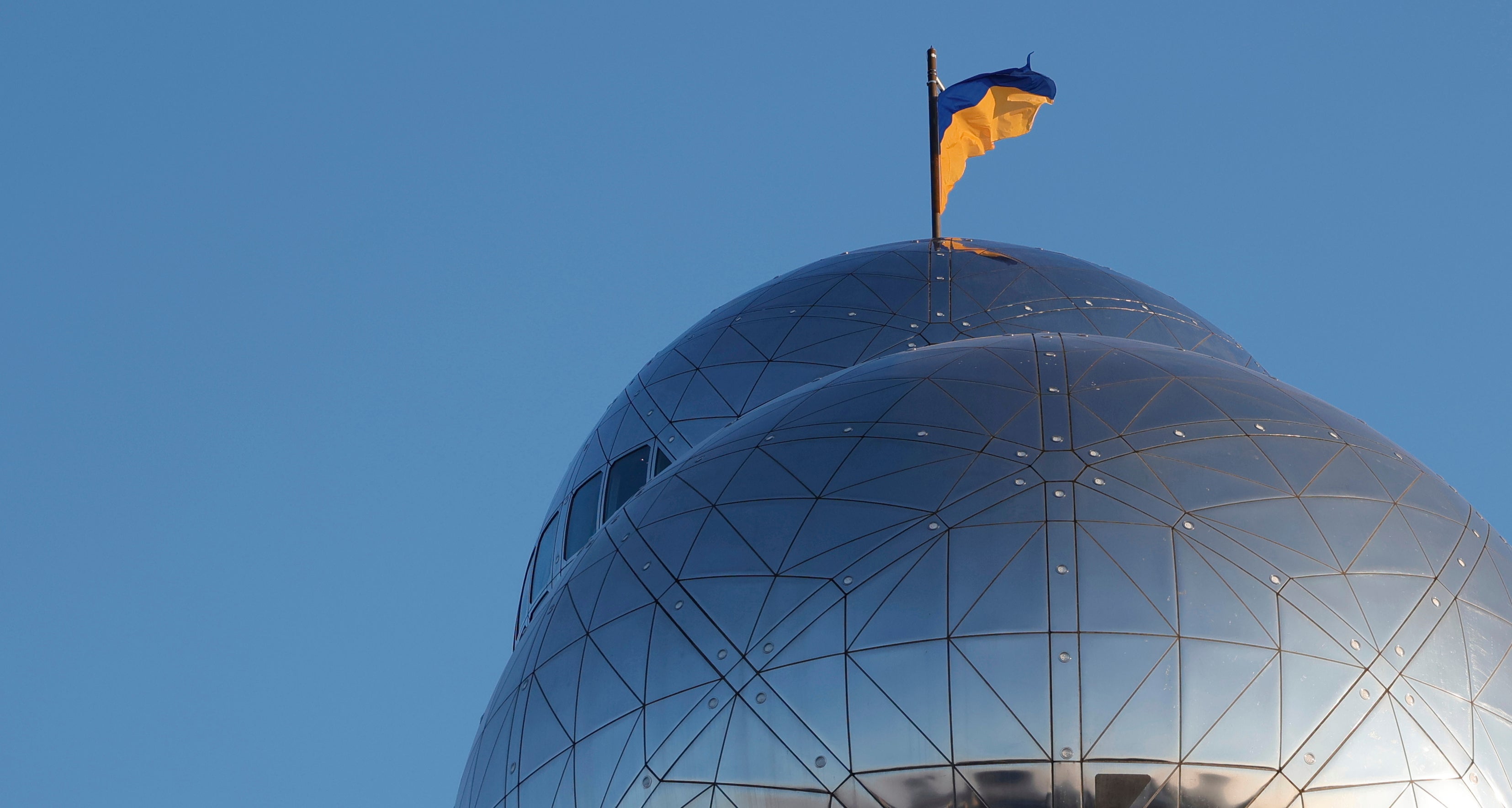EU hits Russia with more sanctions: From trade to truffles
The European Union has published its latest list of sanctions against Russia seeking to deny oligarchs their love of luxury and rob the nation of lucrative steel exports

Pure-bred horses, truffles, a soccer club owner and a media company chief.
They were among the targets of new European Union sanctions against Russia on Tuesday that sought to deny oligarchs their love of luxury and rob the nation of lucrative steel exports.
The 27-nation bloc sought to stay away from sanctions that would sap its supply of Russian energy, but pounced with measures worth billions while stifling its ability to work on global markets by banning EU rating agencies to work with Russian clients.
“These new sanctions will cut Russia off even further and drain its resources to finance this barbaric war. So one can say that the Russia has become the most sanctioned nation in the world, which is very dubious honor indeed,” European Commission Vice President Valdis Dombrovskis said.
The continued punishment of Moscow for its invasion of neighboring Ukraine was done in close consultation with Western allies, from the United Kingdom to the United States.
Together they agreed to deny Russia the status of most favored nation, which will cost its companies privileged status in Western economies. Britain announced sanctions against 350 individuals and entities Tuesday and also promised to ban the export of luxury goods to Russia.
The European Union has already hit about 600 Russians during the four sanction sessions, including 15 individuals and nine entities in the fourth package of sanctions. It affected one oligarch already targeted by Britain — Chelsea soccer club owner Roman Abramovich, who was slapped with an asset freeze and a travel ban.
The EU's official journal said that Abramovich “has had privileged access to the (Russian) president, and has maintained very good relations with him. This connection with the Russian leader helped him to maintain his considerable wealth.”
Tuesday's list of 15 individuals also included Konstantin Lvovich Ernst, the chief executive of Russia's state-run Channel One, which the EU says is used by Russian President Vladimir Putin for propaganda purposes.
It didn't work on Monday, when Marina Ovsyannikova, a Channel One employee, walked into the studio during Monday’s evening news show with a poster saying “no war” and “Russians against the war.”
The EU announcements were in line with what leaders had announced at the Versailles summit last Friday — that a stringent package of sanctions would be upcoming if Russia continued its invasion of Ukraine.
And the EU insisted that the measures had already had their impact.
"We see that ruble has crashed. Trading on the Moscow Stock Exchange remains suspended. Russia’s credit rating has been downgraded to junk status just about default levels. Many international companies are leaving the country,” Dombrovskis said.
The import ban on steel products would amount to some 3.3 billion euros ($3.6 billion) in lost exports for Russia, as the EU was its No. 1 market.
This time special attention was paid to the elite by targeting luxury goods. It ranged from truffles, Champagne, cigars and perfumes to fine wines, rare wristwatches, pearls and diamonds.
“We're trying to target the wealthy, elite oligarchs,” an EU official involved in the setting up of sanctions said on customary condition of anonymity.
Since the war started last month, the EU has adopted tough measures targeting Putin, Russia’s financial system and its high-maintenance oligarchs. Last week, the bloc’s nations agreed to slap further sanctions on 160 individuals and added new restrictions on the export of maritime navigation and radio communication technology.
They also decided to exclude three Belarusian banks from SWIFT, the dominant system for global financial transactions.
Efforts to agree on an oil boycott against Russia are complicated, because some EU countries, including Germany and Italy, are much more dependent than others on Russian energy. Showing the range within the EU, Poland gets 67% of its oil from Russia while Ireland receives only 5%.
___
Follow all AP stories on the war in Ukraine at https://apnews.com/hub/russia-ukraine
Bookmark popover
Removed from bookmarks